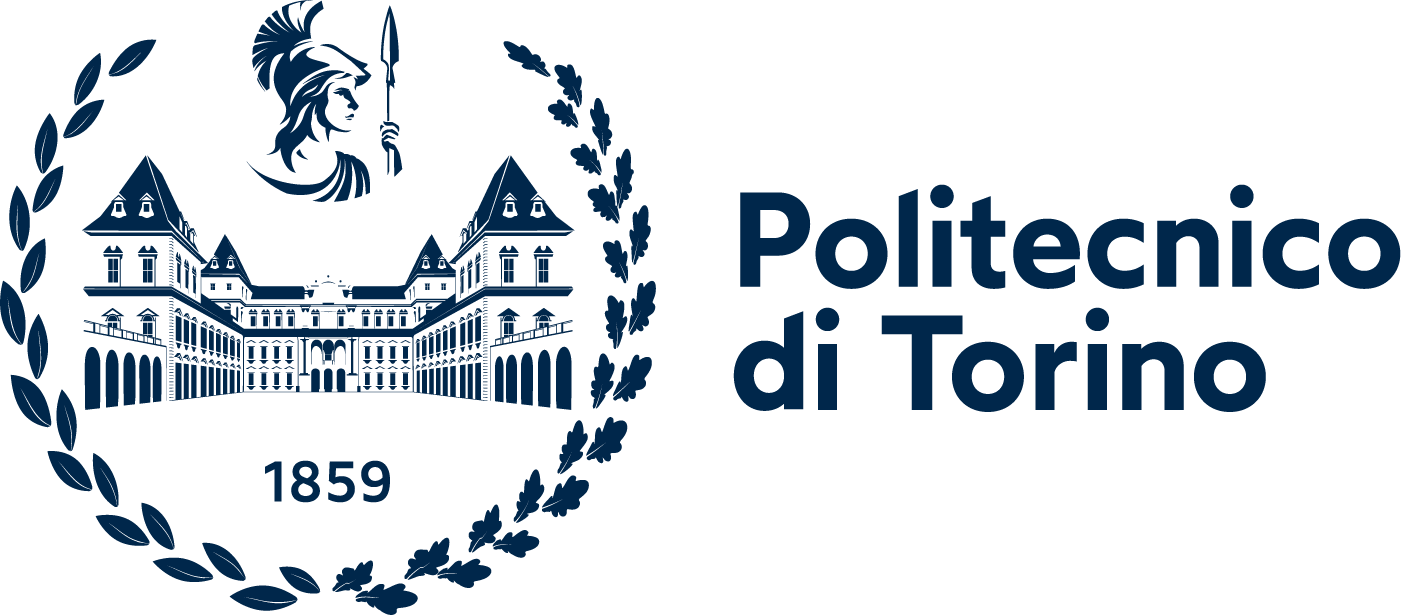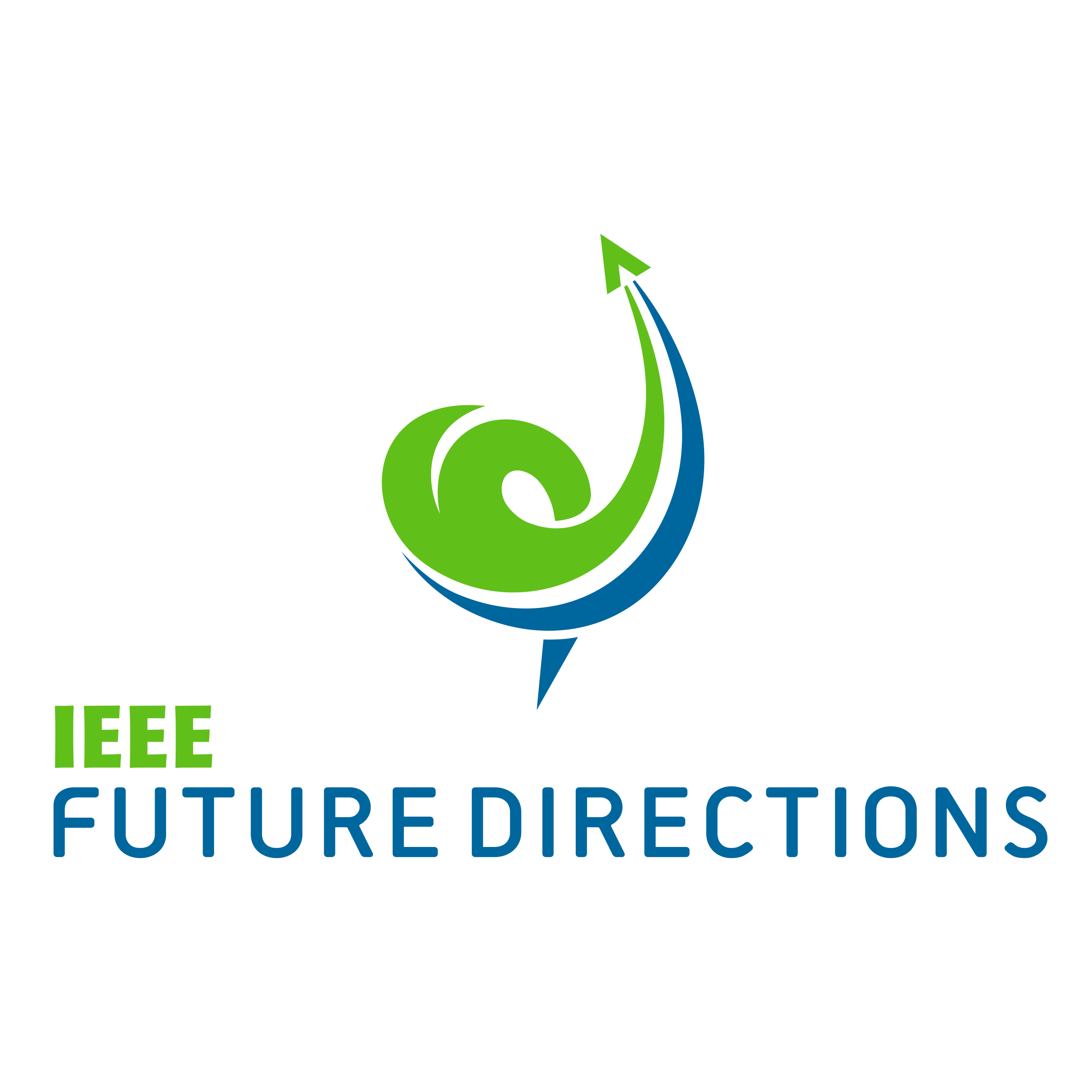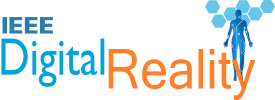IMPORTANT INFORMATION FOR COMPSAC 2022 AUTHORS
COMPSAC 2022 will be completely virtual as it was in 2020 and 2021, and all presentations will be done virtually. We will announce this update also in the submission acceptance letters to authors. Authors of accepted papers will be required to provide a video of their presentation together with the submission of the final version of their papers. COMPSAC will provide detailed guidance regarding preparation and submission of these videos.
The IEEE International Workshop on Software Engineering for Social Impact of Smart Environments (SESISE 2022)
Goal of the workshop:
This workshop will focus on the non-technical issues related to Smart Environments and their impact on individuals, society, economy, health, and environment. We will explore how Software Engineering tools can be deployed to maximize beneficial social impact of Smart Environments and how this impact can be assessed or quantified.
Workshop theme:
Advances in Ubiquitous Computing, Sensor Networks, Internet of Things and Supercomputing have enabled the emergence and the rapid spread of Smart Environments, such as Smart Home, Smart Office, Smart Building, Smart Factory, Smart Hospital, Smart Airport, Smart Village, or Smart City. Smart Environments create significant challenges for Software Engineering because they are distributed, rapidly scale up, combine multiple diverse interconnected parts, and spread over multiple regulatory areas. The research on advancing physical and technical aspects of Software Engineering for Smart Environments is already expanding. On the other hand, the understanding of requirements related to the social and environmental impact of Smart Environments is developing at a much slower pace. This workshop seeks to:
- Initiate a working group for developing standards and best practices for design of Smart Environments concerning social impact and ethics.
- Discuss new Software Engineering ideas, methodologies, and tools of for socially responsible Smart Environments design.
- Discuss impact on society and environment from designing and implementing Smart Environments.
- Identify and articulate the emerging human and societal challenges and gaps for Software Engineering related to Smart Systems and Smart Environments
Scope of the workshop:
We will discuss new Software Engineering requirements and tools for ensuring that the design of Smart Environments considers maximizing the benefits and minimizing risk of potential harm to individuals, society, and the environment, as well as compliance to the regulations and laws. The workshop topics include, but are not limited to:
- Software Engineering tools for legal and regulatory compliance
- Software Engineering ethics for Smart Systems
- Human-computer interaction in Smart Environments
- Safety, security, and trust in Smart Systems
- Software quality assurance and testing for Smart Systems
- Privacy in Smart Environments
- Design of Smart Environments and Vulnerable Groups
- Design of Smart Health and Smart Public Health Systems
- Autonomous Systems and Smart Environment
- Emerging properties of Smart Environments
Likely participants: Software engineers, practitioners in IoT, eHealth, or mHealth, ethicists, smart systems designers, and policy makers are called to participate and exchange ideas and techniques.
Please visit Information for Authors for formatting instructions, page limits, and IEEE paper templates.
Important dates for submission and notification are listed here.
Workshop Organizers
Vladimir Brusic, Professor, University of Nottingham Ningbo China
Email: vladimir.brusic@nottingham.edu.cn
Dave Towey, Professor, University of Nottingham Ningbo China
Email: dave.towey@nottingham.edu.cn
Program Committee
(to be confirmed)
Matthew Pike, University of Nottingham Ningbo China, China
Nasser Mustafa, Wenzhou-Kean University, Wenzhou, China
Nor Shahriza Abdul Karim, Prince Sultan University, Riyadh, Saudi Arabia
Razieh Alidoosti, Gran Sasso Science Institute – L’Aquila, Italy
Stuart McDonald, University of Nottingham Ningbo China, China
Waqar Hussain, Monash Data Futures Institute, Melbourne, Australia


